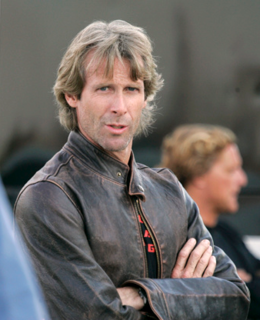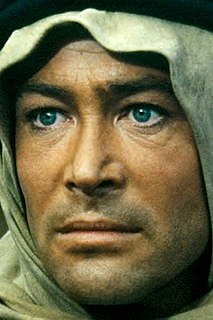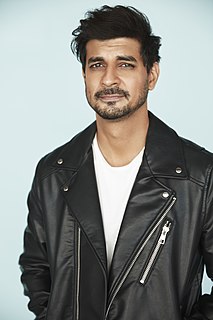A Quote by Philippe Falardeau
Once you're on the set and shooting, it's all just cinema. You have actors and cameras.
Related Quotes
I think what I loved in cinema - and what I mean by cinema is not just films, but proper, classical cinema - are the extraordinary moments that can occur on screen. At the same time, I do feel that cinema and theater feed each other. I feel like you can do close-up on stage and you can do something very bold and highly characterized - and, dare I say, theatrical - on camera. I think the cameras and the viewpoints shift depending on the intensity and integrity of your intention and focus on that.
I don't ever want to do a movie where you shoot it on a motion capture stage. I just don't like taking the reality out of it. I like being on the set in real environments. I don't like shooting on green screen. I think it gives the actors so much more to play with when there's real stuff happening on the set.
Once we were on the set, we each did different kinds of work. I was doing more the technical stuff, the framing and the camera work, and she was working more with the actors. Marjane [Satrapi] and I don't stop speaking once we're on the set. We continue to talk. We define what our roles are going to be on set, because to have a snake with two heads is silly.
During the shooting of a scene the director’s eye has to catch even the minutest detail. But this does not mean glaring concentratedly at the set. While the cameras are rolling, I rarely look directly at the actors, but focus my gaze somewhere else. By doing this I sense instantly when something isn’t right. Watching something does not mean fixing your gaze on it, but being aware of it in a natural way. I believe this is what the medieval Noh playwright and theorist Zeami meant by ‘watching with a detached gaze.’
I think film is a world of directors. Theater is a world of actors. Or, theater is for actors as cinema is for directors. I started in theater. Filming is as complete as directing film. In theater, you are there, you have a character, you have a play, you have a light, you have a set, you have an audience, and you're in control, and every night is different depending on you and the relationship with the other actors. It's as simple as that. So, you are given all the tools.
One thing that is very different technically is that you don't get a lot of coverage in television. Not like you do on a film. I know we don't have time for separate set-ups, so I will design a scene where I'm hiding multiple cameras within that set-up. That way, if I don't have time to do five set-ups, I can do four cameras in one set-up. It's a different kind of approach for that. For the most part, a lot of television, in a visual sense, lacks time for the atmosphere and putting you in a place.




































